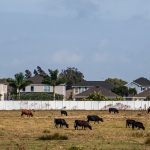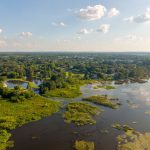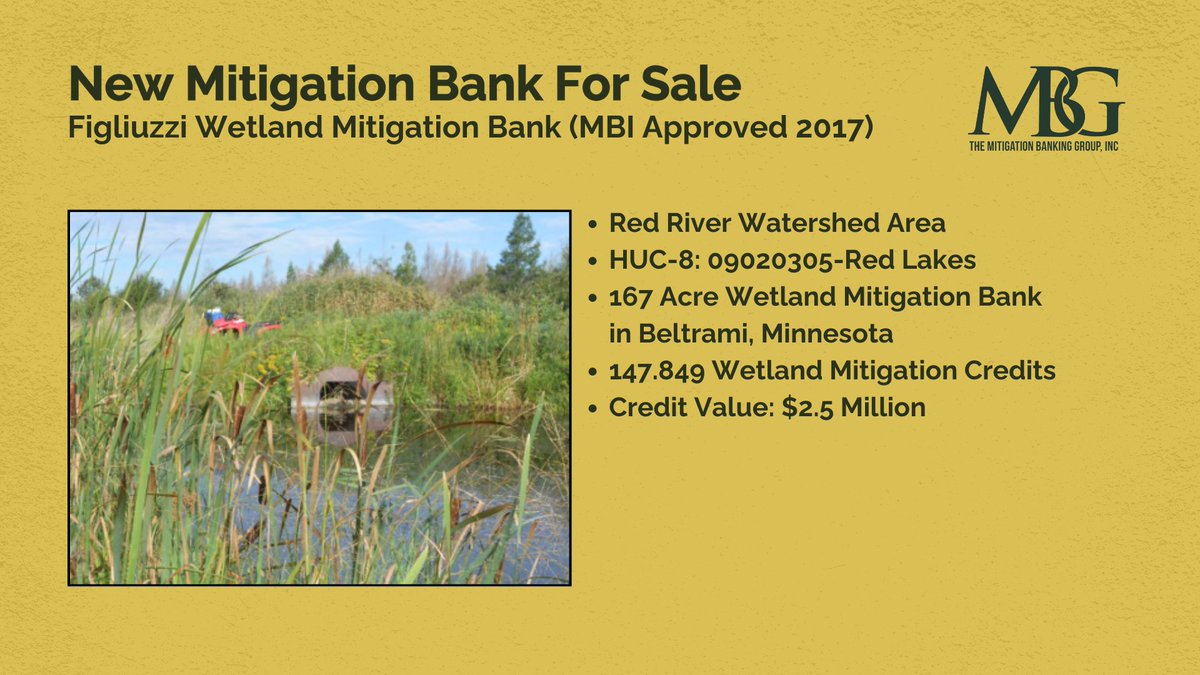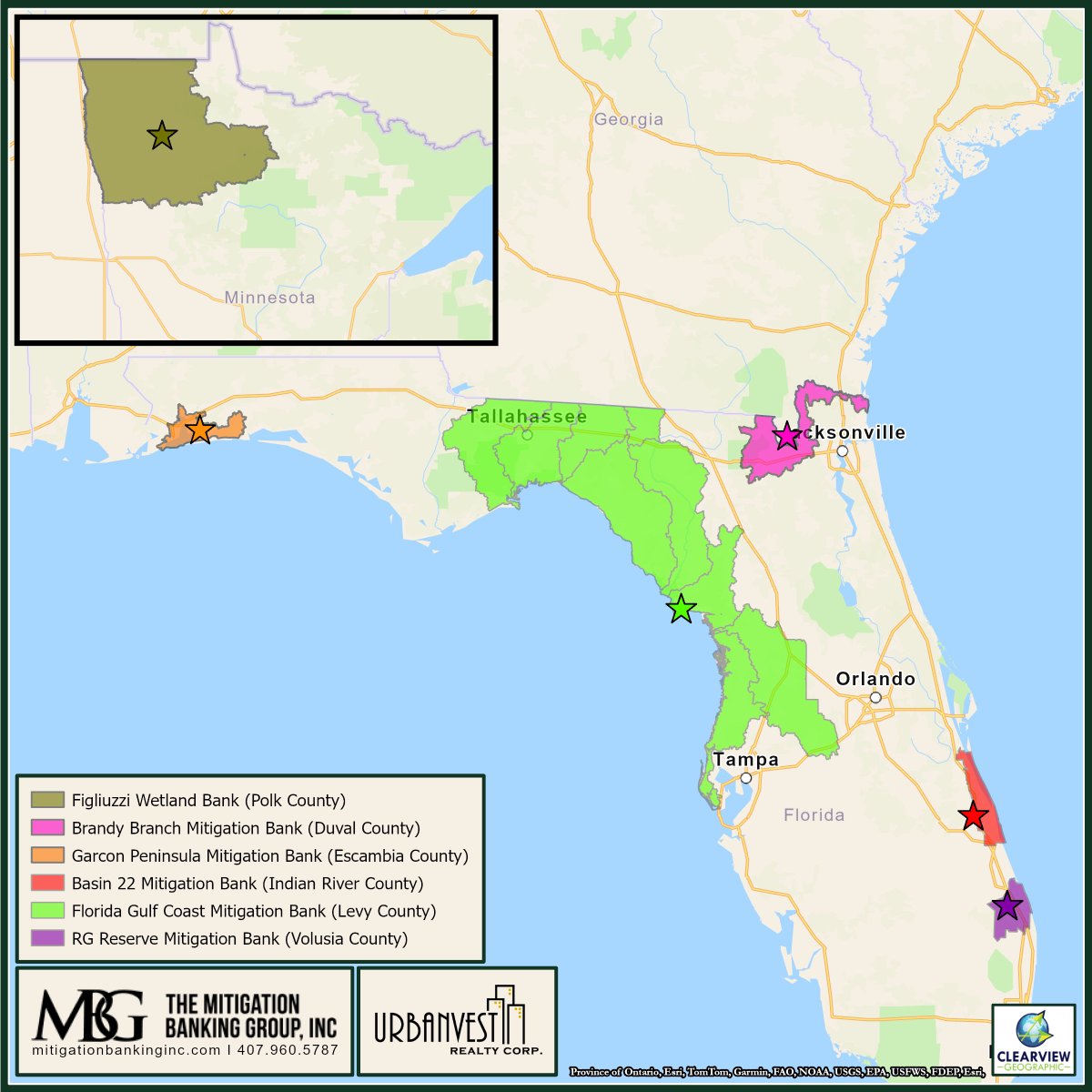The 2022 Legislative Session went into overtime, as the Senate and House were not able to agree on the budget in time to adjourn by Friday. They returned on Monday, March 14 to approve the budget and adjourned sine die at 1:03 pm. The Legislature approved a budget for Fiscal Year 2022-2023 in a record amount of $112 billion. Attention now turns to the Governor and his veto power over passed legislation, including line-item veto power over the budget.
The 2022 Legislature addressed a number of major issues during Session, including creating new maps for Congressional and state House and Senate districts. However, the Congressional maps are likely unresolved as Governor DeSantis has vowed to veto the new maps. Other headlining issues included a litany of controversial social issues, election reform, failed attempts to deal with the growing property insurance problems and reform of condominium regulations after the horrible collapse of Surfside.
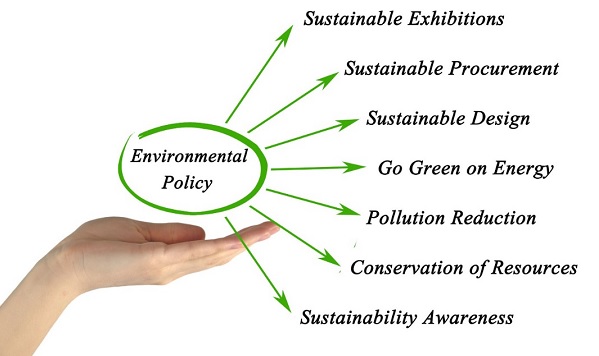
Water Resources Management (Seagrass Mitigation) – SB 198 (A.M. Rodriguez)/HB 349 (Sirois) – Died
These bill was heard in only one committee and received significant opposition from the environmental community. The groups cited concerns with the bills making it easier for developers to destroy existing seagrass, the uncertainty of seagrass mitigation success, and using public submerged lands for mitigation. The environmental opposition also generated several news articles, all of which took a decidedly negative view of the bills.
Both bills ultimately died.
Water Quality Enhancement Areas – HB 965 (Truenow) – Passed
HB 965 creates water quality enhancement areas and nutrient credit banking.
HB 965 authorizes the creation of water quality enhancement areas (WQEAs), which are defined as natural systems constructed, operated, managed, and maintained for the purpose of providing offsite regional treatment for which enhancement credits may be provided. The bill requires the construction, operation, management, and maintenance of a WQEA be approved through the ERP permitting process and requires a WQEA to address the contributions of pollutants or constituents within a specific area determined by DEP that does not meet state water quality criteria.
To obtain a WQEA permit, the bill requires an applicant to provide certain reasonable assurances about the proposed WQEA and to propose a performance and success criteria monitoring and verification plan. The bill also requires that the WQEA permit provide for the assessment, valuation and award of credits based on units of pollutants removed.
HB 965 specifies that a WQEA may only provide enhancement credits in an enhancement service area determined by DEP and specifies that enhancement credits may only be sold to governmental entities. The bill requires DEP or the water management districts to authorize the sale and use of enhancement credits to address adverse water quality impacts of permitted activities or to assist governmental entities seeking to meet certain required reductions assigned in a BMAP or Reasonable Assurance Plan.
Fish and Wildlife Commission – SB 494 (Hutson) – Passed
SB 494 was filed as FWC’s 2022 legislative package. The bill became the vehicle for an amendment to address gopher tortoise issues. There was significant interest by some legislators to address the current shortage of recipient sites and the alleged high cost of relocation. It was a priority of the development community, who wanted to open public lands for gopher tortoise relocation.
What ultimately passed in SB 494, is language requiring each land managing agency, in consultation with FWC, to consider the feasibility of using a portion of state lands as gopher tortoise recipient sites on lands greater than 40 contiguous acres. If the agency determines that gopher tortoise relocation does not conflict with the primary management objectives of the lands, the management plan must contain a component prepared by the agency that assesses the feasibility of gopher tortoise relocation consistent with FWC rules. The feasibility assessment must consider the economic feasibility of establishing a recipient site, including initial and recurring management costs and revenue projections necessary to establish and perpetually maintain the recipient site without creating an increased recurring expense for the agency.
The bill also authorizes landowners to establish a recipient site or conservation bank where a conservation easement or other less-than-fee interest has been acquired by the board, a state agency or a regional or local government, as long as the recipient site or conservation bank does not interfere with the management plan for the conservation easement and the landowner complies with all state and federal permitting requirements.
The bill directs FWC to streamline and improve the review of recipient site applications, including requiring that requests for additional information must be received by the applicant within 45 days after FWC receives an application and that FWC shall approve or deny a complete application within 45 days of receipt.
By February 1, 2023, FWC shall submit a report to the Senate President and House Speaker that includes the progress made in establishing new private and public recipient sites, average time it takes to approve or deny an application, any federal action taken to modify the gopher tortoise listing under the Endangered Species Act and any other information relevant to gopher tortoise conservation programs.
By October 31, 2023, subject to appropriation, FWC shall establish an ongoing effort to encourage new private recipient sites and create an online dashboard to show permitted and available capacity for reservations in recipient sites.
Funding for Wildlife Corridors – Passed
As part of the record-breaking $112 billion budget, the Legislature included funding in the amount of $300 million for the Department of Agriculture and Consumer Services to purchase land or conservation easements to protect natural and working landscapes, including wildlife corridors. There is specific language in the budget that prohibits purchased easements from restricting a landowner’s ability to use the land for conservation banking/recipient sites for imperiled species or wetlands mitigation banking. The $300 million is held in reserve until January 2023, when current DACS Commissioner Nikki Fried leaves office and the new DACS Commissioner, likely Senate President Wilton Simpson, takes office.
Inventories of Critical Wetlands – SB 882 (Brodeur) – Passed
SB 882 requires each WMD, as part of its district water management plan and in cooperation with local governments, to develop a list of critical wetlands to be acquired using funds from the Land Acquisition Trust Fund and specifies the criteria that the WMD must consider in designating such wetlands.

